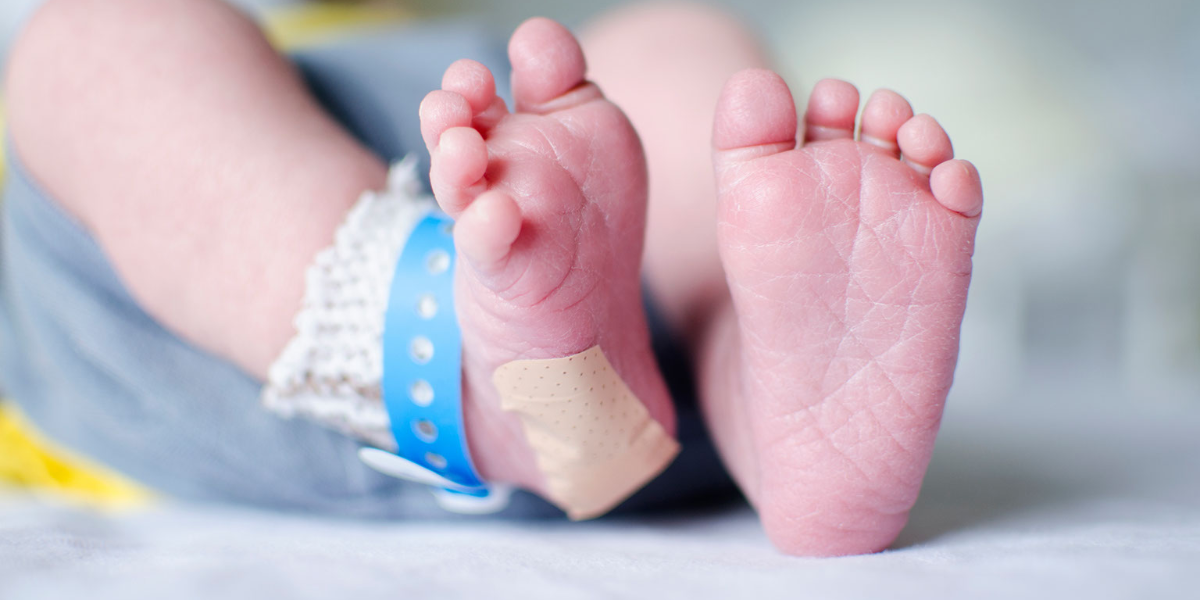With their first year in office not yet done, the Albanese Government has broken a significant election promise about the health of newborn babies.
On the 6th of April 2022, now Prime Minister Anthony Albanese announced Labor’s election commitment to expand newborn screening for rare and genetic diseases to 80 diseases. In a statement still posted on Albanese’s personal website, the Labor party committed to “end the testing lottery” and invest $38.4 million in a universal screening program. Now Health Minister Mark Butler also tweeted and spoke in support for it multiple times, and said in parliament after they were elected they were doing it. The commitment was fully costed by the Parliamentary Budget Office to begin rollout on July 1.
The Government has since confirmed that this significant commitment is broken, and expanding the screening program to 80 diseases, at the very modest $10 per baby, is not happening in 2023.
Chair of advocacy group Better Access Australia (BAA), Felicity McNeill, says each year 2,500 children are lost to perinatal and congential conditions. It is the biggest cause of death for girls under 14 and third for boys.
“Many of these deaths are preventable with early diagnosis and treatment.”
“Labor promised to fix this in 2023, but 12 months after the Prime Minister gave hope to thousands of families who had lost their children to diagnosable and treatable diseases, no child in Australia is any closer to a diagnosis and treatment at birth.”
“[Albanese] specifically mentioned Pompe disease as a disease to be screened for and treated as part of his election commitment.”
“On 6 April 2022, Mark Butler tweeted his commitment to Nate’s mum Jenna, that no other family would ever go through their pain of losing their beloved baby boy to Pompe disease,” Ms McNeil said.
“Yet the Government has since confirmed that Pompe and 40 plus other diseases are nowhere on their workplan for 2023.”
“Labor promised pompe families, gaucher families, fabry families, SCID families and dozens of other families and support groups in rare diseases they deliver a national and expanded newborn screening for 80 diseases by 1 July 2023.”
“But they have overpromised and underdelivered, handing money over to the states without fixing the program for the babies that need it.”
Newborn bloodspot screening is a low-cost test conducted within 48-72 hours of birth to detect serious genetic conditions. Diagnosing a rare disease through screening means a baby can immediately access life-saving treatments to reduce or stop the cognitive and physical harms otherwise caused. Without it, death or permanent disability are the inevitable outcome for far too many babies.
Babies in regional areas are much less likely to get a timely diagnosis, with diagnosis of diseases like Pompe being double the time it takes in the city.
“The irreversible damage during this time is inexcusable when we have treatments available and a test could be run within 72 hours of birth,” Ms McNeil said.
Health Minister Mark Butler and the Department of Health have advised Better Access Australia that funding has been provided to the states to standardise the testing for just the existing 28 diseases. Each individual disease to be added to the screening program will need to go through a long, complicated bureacratic process of assessment by MSAC – the Medical Services Advisory Committee – with each disease taking 12-18 months to be assessed.
“The Prime Minister needs to stop the bureaucracy entrenching its existing disease by disease state by state philosophy by stealth and demand they honour his commitment to Australian parents and grandparents, aunts and uncles to screen all our newborns for at least 80 diseases in 2023 to give them the best start in life.”
“Without the Prime Minister’s intervention, we will be waiting until 2050 to deliver this election commitment of 80 diseases.”
“Every day that the expansion of the newborn screening program to 80 diseases is delayed is an inevitable and preventable loss of little lives or irreversible damage to a baby’s health.”
“When a Prime Minister stands up and commits to screen babies at a world class level of 80 diseases, we should be able to believe him.”
Like what you’re reading? Support The New England Times by making a small donation today and help us keep delivering local news paywall-free. Donate now

